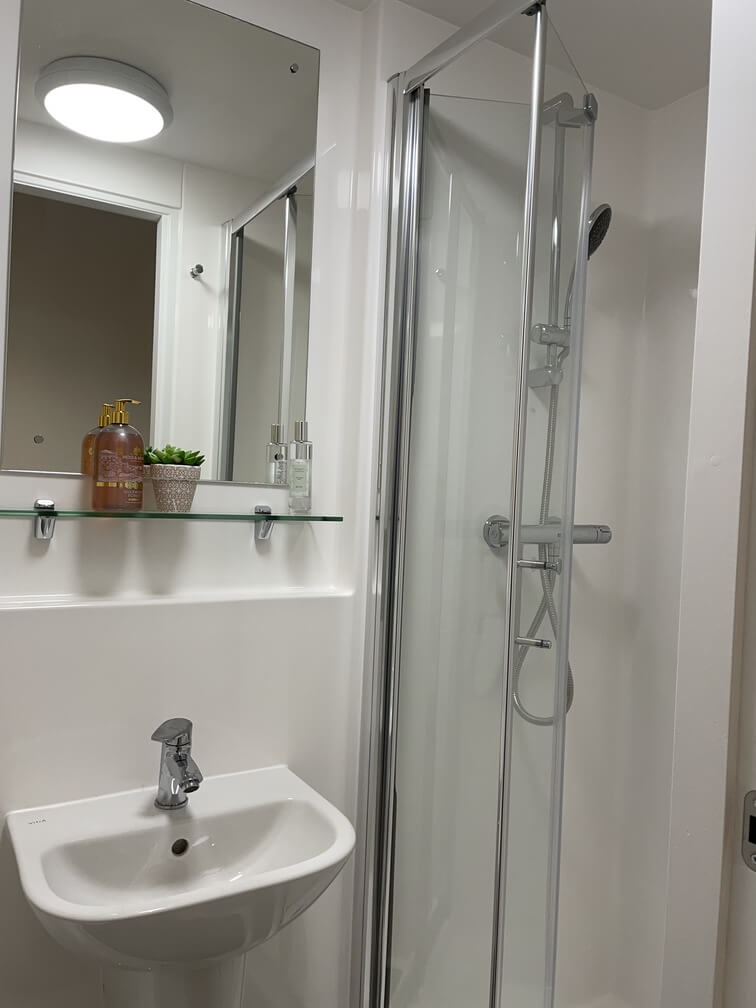HMO Legislation: The New Right to Rent Changes and How to Make Sure You Comply Legally

The New Right to Rent Changes and How to Make Sure You Comply Legally
New HMO Legislaton under the Immigration Act 2014 introduced the concept of ‘right to rent’ to the private rented sector. Originally introduced in the West Midlands, right to rent requires landlords and agents check the immigration status of their prospective occupiers at the outset of the tenancy. Failure to do so could result in fines for landlords and letting agents across England. As of December 1st 2016, the government has introduced additional penalties and offences relating to right to rent. Landlords now face potential imprisonment for failure to check the occupier’s right to rent status, so it is even more important that they do it correctly every time. This guide will help prepare landlords for the current requirements of this scheme and HMO legislation around it.
Right to rent applies to all residential tenancies with some limited exemptions for social housing, halls of residence, etc. Almost all private sector landlords will be required to check their perspective tenants Right to Rent when they have anything from ASTs to lodger agreements. There are a few exceptions to checking the Right to Rent, mainly: Holiday lets, lettings where it is not the tenant’s main home, tenancies of more than 7 years where there is no break clause for the landlord, letting to students where the education institution has placed the tenant in the property, people whose accommodation is provided by their employer and finally, mobile homes. However, bear in mind, licences and lodger agreements are included in Right to Rent Checks.
Landlords must not authorise an adult to occupy a property as their only or main home unless they can establish the adult has a right to reside in the UK. This means landlords are now required to check the identification of everyone who is over 18 and expected to occupy the property.
As of December 1st 2016, a new offence has been created that landlords and agents need to be careful of. Landlords and letting agents who become aware, or should be aware, that their occupiers have no ‘right to rent’ are guilty of the offence of letting to a disqualified person. This offence is triggered when the landlord agent receives a notice from the Home Office informing them that their occupier is disqualified. This obviously captures all landlords, even those that did their right to rent checks correctly.
The landlord would normally be responsible for these checks but they can pass on the obligation to their agent as part of a written agreement. This means that the agreement between the landlord and the agent must specifically refer to who is responsible for performing right to rent checks. If the agreement is silent on this, then the landlord will be responsible. Landlords and agents may wish to reconsider their current agreements as a result.
There are three vital steps to checking a tenant’s Right to Rent and all three of these steps much be carried out in order for the Right to Rent check to be deemed valid.
Step 1: Get the tenant to show you your original documentation (photo ID best is a Passport)
Step 2: Check documentation against tenants face to make sure it is them.
Step 3: Most important step -Then take photocopy of scan of the photo ID and log it with the date and time you did the right to rent check and log it.
You could beforehand get the tenant to take a scan of their ID and bring it with them and then log it when your back from the viewing. Taking a photograph of the ID is NOT good enough.
It seems Right to Rent is real drag for landlords and potentially very costly, however If you use an agent then you as a landlord don’t have to worry about the Right to Rent as it then becomes the agent’s responsibility to undertake the correct right to rent checks for you.
For any more questions on checking a tenant Right to Rent then please don’t hesitate to get in touch with Relo who are always more than happy to answer any questions and help in any way we can!



















